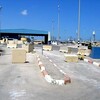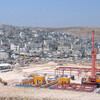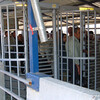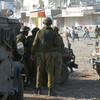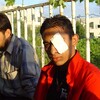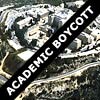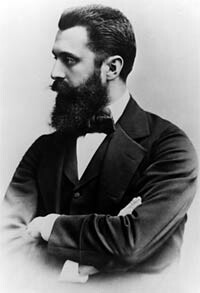
One Hand Clapping: Applauding Tolerance and Pluralism in Israeli Academia
31 May 2005
The walls and outposts of the Zionist enterprise are becoming ever more conspicuous, so too are the contradictions inherent in the 57-year-old experiment of establishing a state that is both “Jewish” and “democratic” in pluralistic Palestine. The recent, albeit short-lived, decision of Britain’s Association of University Teachers (AUT) to impose an academic boycott on Bar-Ilan and Haifa Universities attests to the growing realization abroad that Israel’s policies adversely affect Palestinians on both sides of the Green Line. Read more about One Hand Clapping: Applauding Tolerance and Pluralism in Israeli Academia

